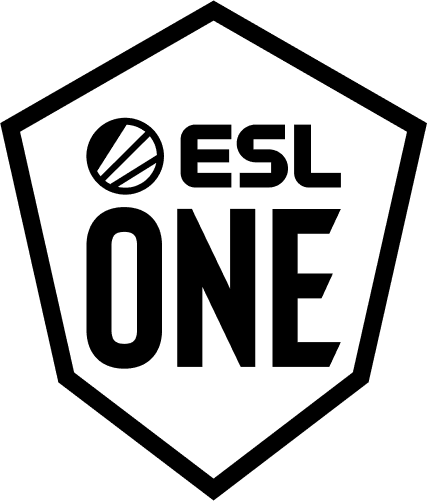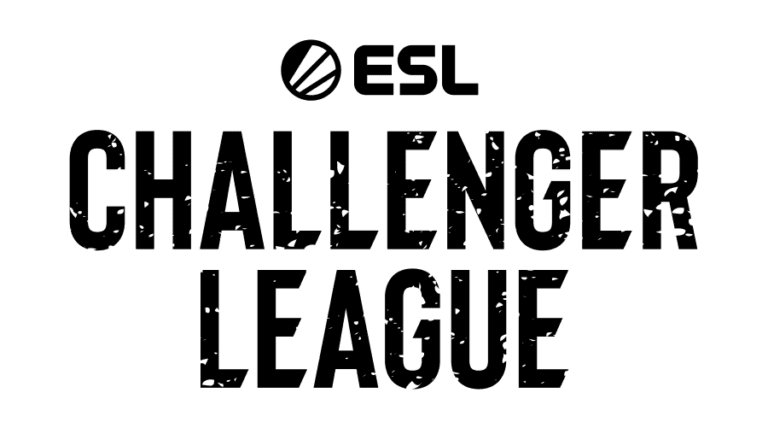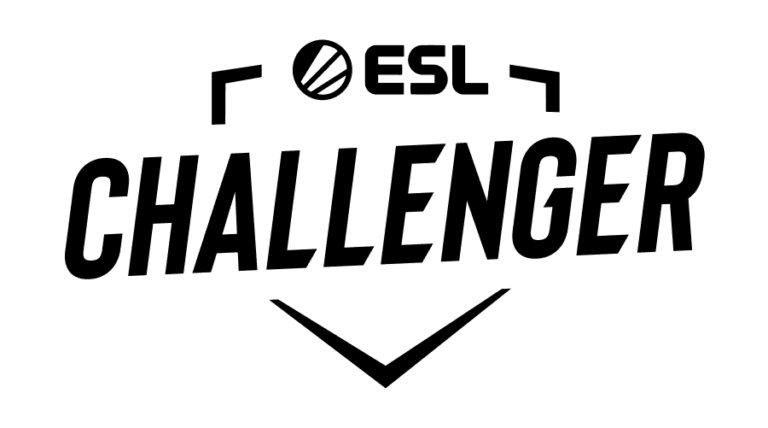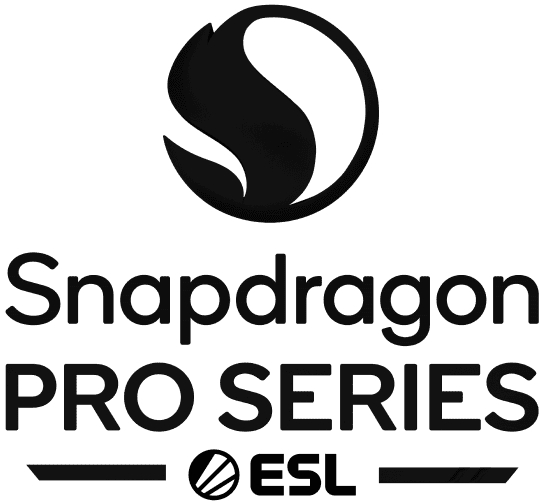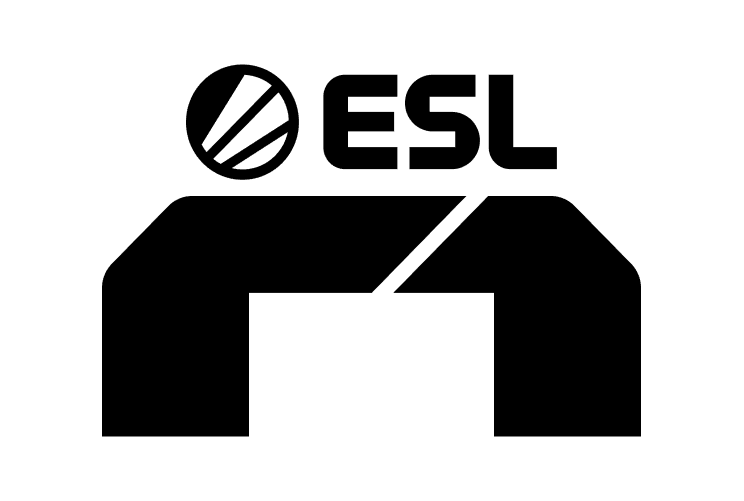With the first group stage of this year’s League of Legends World Championship taking place in Taiwan, we dove into the Taiwanese eSports scene and spoke with Alex Wang, managing director of the Taiwanese eSports League. We explored how this small Southeast Asian island came to produce some of the top players in the world and what the future holds for television and eSports.
Translator: Xiaoqing
Several years back, before the advent of Twitch and its competitors, before multi-million dollar prize pools were even thought about, television was seen as key in building the reputation of competitive gaming. Now it’s been about almost two months since The International 4 grand finals was broadcast on ESPN and nothing feels particularly different because of it. Television has moved away from being the dominant medium of entertainment, particularly for eSports fans, and it seems we are no longer interested in the ‘legitimacy’ it brings but are more concerned with defining our own identity as an industry.
The small Southeast Asian island of Taiwan is home to 24 million people, two League of Legends teams who played in this year’s LoL World Championships, and one of the only eSports leagues outside of Korea that has weekly live television broadcasts. The Taiwanese eSports League, or TeSL, runs professional leagues in internationally played games like StarCraft II and World of Tanks as well as more regional games such as Nexon’s Kart Rider and Special Forces. Since 2008, matches played in official TeSL leagues are both played and broadcast live from the Videoland TV Network studios in Taipei.
Despite starting in a small market, TeSL managed to secure TV contracts while other eSport leagues were having trouble finding audiences for their matches. I visited the TeSL headquarters in Taipei and spoke to their managing director Alex Wang to find out more about this organization, their history, and their thoughts on the future of television and eSports.
Star players adorn the banner that greets visitors to TeSL’s studios
The origins of eSports in Taiwan
Typically we see eSports as a very ground-up effort, starting with players who want to build something for the game’s community. After all, there needs to be interested players for there to be an interesting league. But for TeSL, the initial investors in the eSports leagues were actually the game developers.
Walking around Taipei, you can tell that games have always been big business here. Advertisements for free online games dot subway stations and adorn buses. Unlike the US or Europe, the market isn’t dominated by AAA console titles and instead by online free-to-play (but usually pay-to-win) titles coming mostly out of Korea, so part of a game’s marketing budget was often set aside for sponsoring competitions. In fact, two of TeSL official league games, Kart Rider and Special Force, became some of the most played games in Taiwan thanks to this and a growing pool of competitive gamers.

An ad for a mobile game complete with Drow Ranger, Silencer/Dragon Knight and Juggernaut clones
Wang also told me that a key event for TeSL’s establishment was the 2005 StarCraft Sky Proleague Finals, which was famously held on Busan beach, South Korea. He said that some key investors in TeSL were at the event and, after seeing the scale of eSports in Korea, decided that this was something they wanted to emulate in Taiwan. Wang even admits TeSL models their business and leagues after Korean eSport leagues.
After a victory at the Sky Proleague Finals 2008, Firebathhero takes a dip into the sea
According to Wang, television audiences in Taiwan at the time were growing rapidly, and there was a need for a wide variety of content. After a brief run with ESPN Taiwan, a partner approached Videoland Television Network, one of Taiwan’s largest cable networks, and they began producing weekly broadcasts featuring TeSL leagues and teams which aired on the same channel as all major sports in Taiwan. Videoland received great ratings, going on to sign contracts securing the broadcast rights with TeSL.
TeSL: the league and what they do
The Taiwanese eSports League was founded in 2008 and is heading into its sixth season in 2014. It was one of the first major StarCraft II leagues in the world and the first to broadcast on live TV. TeSL currently has official leagues in two other games: Kart Rider and Special Force. The league consists of four (formerly five) official teams that compete in these leagues: the Gamania Bears, Yoe Flashwolves, Thermaltake Apollos and Wayi Spiders. For two nights a week during the season, games are broadcast live from the Videoland studios throughout Taiwan.
Hats and shirts for each of the official teams
Outside their official leagues, TeSL also organizes regional events, most recently for World of Tanks - TeSL hosted and broadcast the Wargaming.net League APAC. TeSL also partners with Blizzard to host the WCS qualifiers for the Southeast Asian region. These are typically broadcast from the TeSL headquarters/studio on Twitch and YouTube rather than on TV.
TeSL studio located in their office - there is also an analyst desk in another room
Wang mentioned that Kart Rider and Special Force were some of the most popular games in Taiwan when TeSL first started out in 2008, but this is no longer the case. When asked why TeSL still runs leagues for them, Wang explained that one of the key challenges facing TeSL is actually acquiring rights from publishers to put on such events, and that these are two games which are still played and watched.
For example, League of Legends is by far the most popular game played in Taiwan, and although TeSL has done a few events with LoL in the past, they are still having trouble obtaining the rights from Riot’s publishing partner in Asia, Garena. Garena runs Riot’s LCS activities in Southeast Asia, and it is understandable that Riot would rather keep LoL events under their own umbrella instead of freely distributing the rights to outside organizations like TeSL.
So what new games can TeSL focus on? Wang points to Hearthstone and Heroes of the Storm as games on the horizon that might pick up enough traction in Taiwan, or even a few fighting games. I asked about CS:GO and Dota 2 and Wang responded that, despite their international popularity, these games are scarcely played in Taiwan. An ex-pro Dota player nearby estimates that he only knows about 100 or so people that play Dota 2 seriously in Taiwan. But in Taiwan, LoL is king, and it remains to be seen if the market is large enough to support more than one big eSport.
StarCraft II boxes, KeSPA gear, and Proleague memorabilia on the shelves of the meeting room
Television and eSports
eSports took off on television in Taiwan but most of the world took a different path. To explain this, Wang gave us some historical context on the adoption of television in Taiwan. Much like Korea, Taiwan is a place that developed incredibly quickly, and when television became widely spread throughout Taiwan, its novelty was spurred on by youthful early adopters even more so than the older generations. And, unsurprisingly, the kids watching TV in Taiwan were also interested in gaming. The two merged and TeSL found a home on one of Videoland's seven channels.
But, of course, this has changed. Spurred on by eSports' recent global growth, the same people who had watched TeSL on TV are now watching on Twitch - in fact, Taiwan as a country comes fourth in Twitch’s traffic rankings. Impressive considering the population difference between Taiwan and the top three: USA, Germany, and Russia.
When we asked Alex Wang about the diminishing role of TV in eSports, he was quick to agree. Wang mentioned that TeSL television ratings have been going down in recent years and considers there to be a couple of factors in this trend. For one, most of Taiwan’s broadcasts are still only in standard definition despite the availability of HD televisions in Taiwan. Imagine watching Twitch broadcasts while locked at 480p - if there is one thing eSports and sports have in common, it’s how large of a difference HD makes. Secondly, the eSports demographic generally consists of those who prefer mobile and other alternative forms of media delivery.
Branded seats for live in-studio audiences
It seems that if and when TV wants to get into the eSports game, it’ll only lose worse than it is now. But if eSports grows to the point where it can attract groups of friends to gather and watch together, then Wang sees value in television broadcasts - after all, it’s much simpler to find a bar with a TV than huddling around a 24-inch screen.
Challenges facing Taiwan eSports
Though Taiwan has had a fast start in establishing its eSports industry, many unique challenges also face TeSL and Taiwanese gamers.
Despite the presence of many leading tech companies in Taipei, some of which like BenQ and Acer have already been heavily involved in competitive gaming, Taiwan remains a small market for these international corporations. Wang explains that the fact that their headquarters are in the city means little, and that people here will know of their brand regardless of whether or not they are involved in Taiwanese eSports. So, even though TeSL's headquarters are located less than a hundred meters from BenQ’s offices, it can be hard to convince large tech giants to market to their hometown.
Alex Wang listening to a colleague during a meeting
As for smaller Taiwanese companies, very few of them actually target Taiwan itself, and focus more on exporting their goods to other, bigger markets. Wang elaborates that when eSports was still a local phenomenon rather than an international one, they saw a considerable amount more involvement from local sponsors. It seems that as eSports rapidly grows on a global stage, it leaves smaller markets at a disadvantage for meaningful sponsors while large markets become their only targets.
This problem is magnified by the lack of celebrity around pro gamers in Taiwan. Despite boasting an incredibly active gaming community, having some of the best LoL teams in the world and a television contract, pro gamers are simply not as revered in Taiwan as they are in Korea and China. Sponsors might be less likely to attach value to competitive gaming in Taiwan because the enthusiasm isn’t there. While we see Korean, Chinese and some Western teams getting notice from sponsors outside the gamer and tech sectors, Wang feels that outside brands still see little value in Taiwanese teams and players.
Official TeSL pro gamer trading cards
Lastly, Southeast Asia as a region faces the problem of a lacking technological infrastructure. While countries like Taiwan and Singapore are fairly well developed and possess an infrastructure that allows for widespread online play, other countries in SEA are not as lucky. Countries with huge gamer populations and interest in eSports such as the Philippines and Thailand are held back by poor connections and hardware, and this in turn makes it difficult for TeSL to foster fair and competitive regional play.
The future of TeSL
Though TeSL has certainly benefited from eSports' rapid growth, Wang is quick to say that he is also wary of the increasing amounts of competition in the industry. However, he sees this as a chance to improve themselves and adapt to the global nature of eSports, and he is excited to take TeSL to the next level.
He continues that, although it is tough to attract foreign players to play in Taiwan, he hopes to make Taiwan a destination for international events. They want to go the way of TI4 and host big events, but there is plenty to do before that can become a reality - governmental red tape like visas and venue requirements, for example, need to change in order to accommodate this.
As eSports grew and continues to grow around the world, Taiwan has quietly been at the forefront. However, just like TPA and AHQ, it seems they still have plenty of challenges to overcome.
You can visit TeSL at:
- Their website: http://www.esports.com.tw/
- Facebook: https://www.facebook.com/TeSL.tw
- YouTube: https://www.youtube.com/user/lootowinds/featured
- Twitch: http://www.twitch.tv/tesllive











